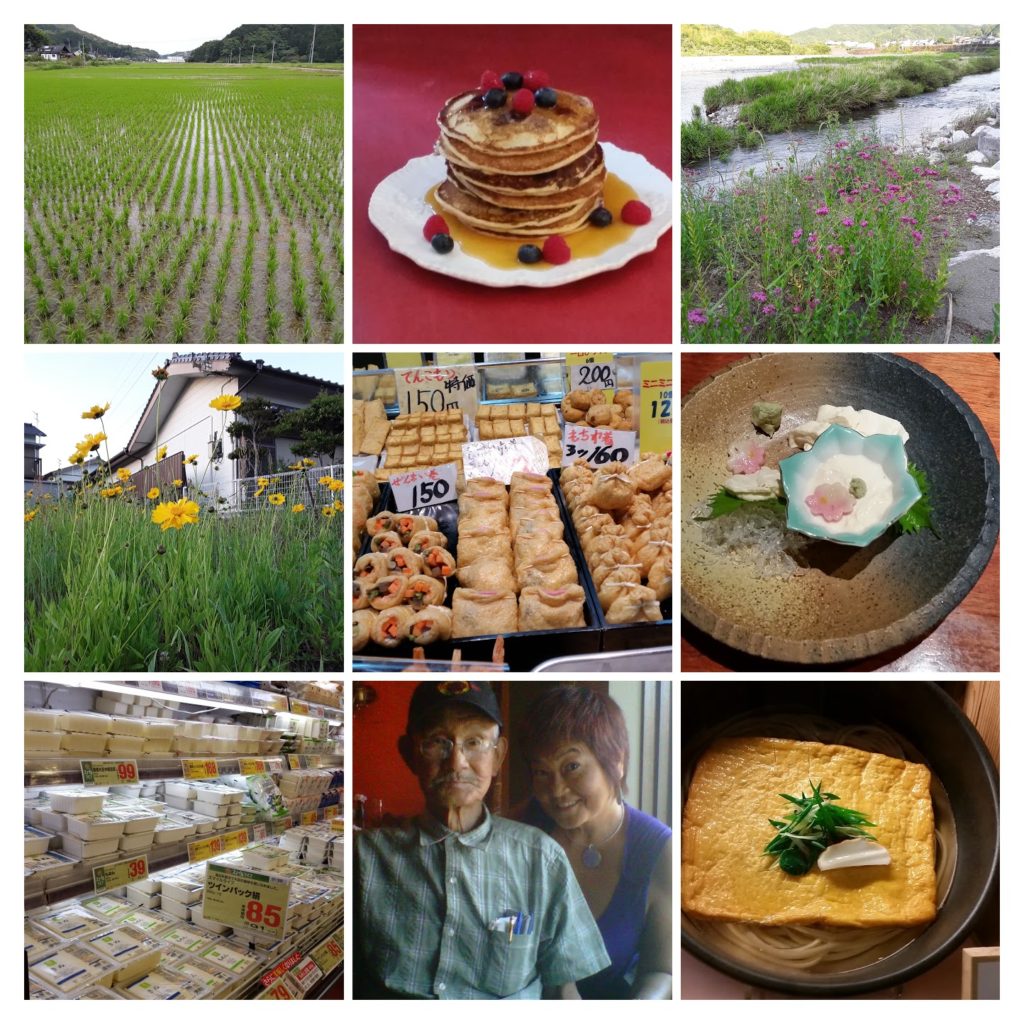
This is a story about my reflections on life, loss, and tofu. It is dedicated to many of my friends who have recently lost someone they deeply love, whether a parent, best friend or beloved pet. It also honours our collective grief. The life we knew before COVID-19 may never come back as we knew it. It’s a loss of different grades and shades, and life itself. My heart breaks wide open from these stories of sadness, grief, and loss. From this place, arose this piece. I hope it sheds some light and love in your world during this challenging period.
Here’s what they don’t teach you in school. When you lose a loved one, your heart will break. It literally feels like your heart is breaking into a million pieces. You don’t know how you will carry on without the person in your life. You can’t breathe properly because there is a heavy weight on your heart. Caring people around you who have been through the same tell you the aching will lessen over time. You thank them, but don’t believe them.
Your heart does seem to mend moment by moment, day by day, however slowly. There are times when you remember the person and realize they are no longer here because they always were. There is a deep ache in your body, and you sob because you miss him/her so much. This never leaves. The episodes when this happens become less and less frequent over time.
What they don’t teach you in school is that those we love never leave us. We are connected to them. Through the possessions that belonged to them, whether a watch they wore every day or a faded photo. More than this, they are always in our hearts and close by, whether we call it their spirit or whatever words you put around the imagery.
What they don’t teach you is that you will remember loved ones when you least expect it. You will hear something your mother loved to listen to, or someone’s gesture will remind you of her. It still shocks me when I look in the mirror and see parts of my mother’s face in me. With my father George, it’s often food. When I see blueberry pancakes, I think of my dad, I smile and miss him.
It’s fascinating that food and an ordinary blueberry pancake could evoke so much emotion. My dad loved going to Golden Griddle restaurant and having his coffee and blueberry pancakes whenever I visited him in Toronto from Ottawa. When I would take him there, he would always have the same. What surprised me each time was how happy he was with this. He would only be upset when I found a way to pay for the bill without him knowing.
Watching my dad being so happy about the small things in life taught me much. More than the pancakes and coffee, he loved sharing this with me. As soon as I arrived in Toronto, he would be asking when we could go eat and would wait for me. He was like a puppy that anticipates a walk every time you are by the door. When he would see me from the sofa, he would sit up and be ready to spring up should I be prepared to go. This is the way my dad was about sharing food with me. I liked to make my dad happy even when I didn’t feel like going to Golden Griddle again.
How do we notice and appreciate the small things with the people we care about while they are still here? I used to have moments with my dad that drove me crazy with his constant repeating of things and his compulsive nature of how things had to be at a specific time and in a particular way. I would tell him firmly to stop at some point, which I felt guilty about. He did stop for a moment but then would carry on again like a kid. I regret being harsh at times with him. I would love to hear him speak to me once again. It’s the small things we miss.
How do we end up parents to our parents? I don’t think we notice; it just happens over time. Often change happens slowly. However, sometimes quickly, like the coronavirus. That’s why the pandemic is still shocking, and we can’t believe it. Our world with the pandemic is surreal. It’s like we are in a movie theatre, and we want the coronavirus to finish one day as the movie. We will walk out of the theatre, and everything will be back to the way it was before.
I wonder what it would have been like with my dad in COVID-19 times because he liked to shake people’s hands whenever he could to thank them. It is the same hand who would firmly grab the bill when it arrived on the table as if it was a conquest. And it’s the same frail hand I held for a whole day in the hospital, telling him I loved him before he died.
These times with coronavirus are challenging. I know many of us and our parents have gone through more difficult hardships. We have it in our ancestry and DNA to survive. I believe with every crisis, there is an opportunity. There are many things we can learn about ourselves through this time. How resilient we are. How we are supernatural beings, who can adjust and change, despite not wanting to. If forced into the Japanese Canadian internment camps during the Second World War, as were my father and his family, what would we have done?
Can we notice the beautiful life around us and within us despite difficult times? Do we focus on the news and how horrible things are? Or the beauty of the small things around us? Like our family, friends, and appreciating the weather getting warmer and flowers blooming again? In my mountain town in Japan, signs of summer are appearing. Farmers are planting vibrant green rice plants in the water fields, hoping for a bountiful season, and unique colourful flowers are blooming everywhere regardless of COVID-19. Nature teaches me so much.
In honour of my dad, I am sharing my recipe for blueberry pancakes developed at my restaurant ZenKitchen. I am also providing the story with the recipe from the book The Accidental Chef. I wrote the story many years ago. It remains true for me as ever, as do all taste memories of the heart. When I think of blueberry pancakes, I remember George and then dancing, which makes me smile.
When we think of loved ones who have passed, we are often sad. Maybe we need to follow the thread of the thought. Can we rewind until we find a happy moment with them? Then hold that moment in our hearts? From that place, we know they are always with us, they want us to be happy, and we will always love them. When I do this, I see my father, mother, and others I have loved who have passed, waving from afar and smiling at me. They say you’re doing good, you’re ok, go on, we’re good.
Food can be emotional first aid during these times. And it has the power of bringing those we have lost closer to us. Food can be delicious, comforting, joyful, and whatever we want it to be.
It’s like tofu that many people in the West feel is dull and tasteless. In Japan, it is a cherished art form like cheese. It’s fresh, local, and made into many shapes, tastes and integrated into many dishes. It’s what you do with it that matters. Like our lives. You’re doing good, you’re ok, go on.
Excerpt from The Accidental Chef.
Listen for the Beat and Dance to It
Before the restaurant opened, and on camera, George collapsed and had to go to the hospital with a heart condition. This shocked me: my father had been very healthy all his life, always had more energy than me, walked for hours each day, and loved being independent. I was suddenly scared that he could die. At eighty-three, he announced that he was getting a bit sore from working all day gardening. He had never complained before.
I began to visit him once a month, like clockwork. I always took him on an excursion. He loved going on the ferry to Centre Island. We went to the house where I was born. Often we went to malls to walk, and anytime I would stop to look at something, he was impatient and fidgeted like a two-year-old. I thought I was doing these monthly visits for my dad, but our visits also nourished me. We ate great food and explored Toronto, free and open as children. I didn’t give myself permission to do these kinds of things in my daily life at home.
Going on year two at the restaurant, I was overwhelmed. I needed time out from a life that seemed relentless and exhausting. Meanwhile, my dad was trying to fill his days, the hours and minutes dragging on. One day while driving in the car, my dad kept looking at the big face on his watch and telling me the time every five minutes. I got annoyed and told him to stop. He said, “The days are long and boring when you don’t have anything to do, and time goes so fast with you. The day is almost over!” I could feel my heart sink in compassion for him. I felt in my heart how most of our adult lives are spent running. When we are much older, and all the work and responsibilities are behind us, we regret, as the Buddhist teacher and activist Michael Stone put it, “running to our deaths.”
“You just have to listen for the beat and dance to it,” George used to say. He loved to dance and laugh. Towards the end of his life, though, what my dad loved most of all was sharing a meal with me when we had our monthly visits. In the morning, he would sometimes wait for more than an hour in the living room, coat and cap on, ready to leave for a breakfast date. Anytime he heard a stirring in my bedroom, he would peak in and ask: “Ready for breakfast?”
At the restaurant, he greeted the server and any person who looked his way, saying, “Hi, I’m George” with a big smile. He tried to shake hands or wave a hello. When we were leaving, no matter how busy the server was, he would wait for her—most often women do breakfast service, in my experience—shake her hand again, and thank her profusely.
What my dad liked to enjoy for breakfast, next to coffee, was blueberry pancakes. In honour of my dad, this recipe is for ZenKitchen blueberry pancakes.
Blueberry Pancakes (vegan and gluten-free)
Ingredients
4 ounces silken tofu
2 cups organic soy milk
3 tablespoons maple syrup
1 teaspoon vanilla extract
1 tablespoon olive oil
2 cups all-purpose flour, gluten-free
1/2 teaspoon sea salt
1 tablespoon aluminum-free baking powder
1 cup frozen blueberries
1/2 teaspoon grated lemon zest
Grapeseed or olive oil for the skillet
Directions
Puree the tofu, milk, maple syrup, vanilla, and oil in a blender until smooth. Pour into a large bowl.
Sift the flour with the salt and baking powder. Mix into liquid mixture with a whisk, using light strokes just enough to combine and leaving it lumpy. Add in the frozen blueberries and lemon zest to combine.
Heat a skillet on medium-high heat. Put in oil and twirl around. Turn heat to medium and pour about one-quarter cup for each pancake. Cook on one side until the top bubbles. Flip over and cook the other side for half the time.
Yields twelve pancakes. Tastes better shared.

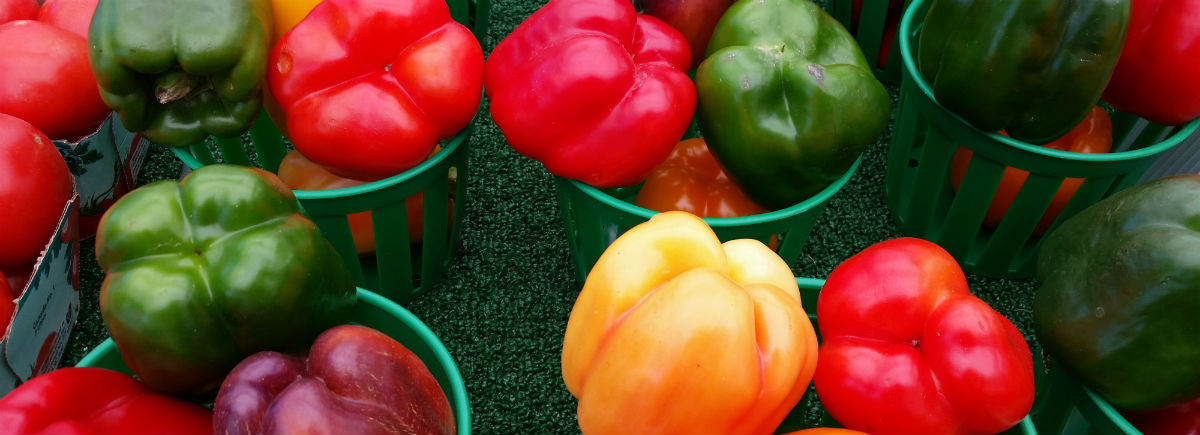
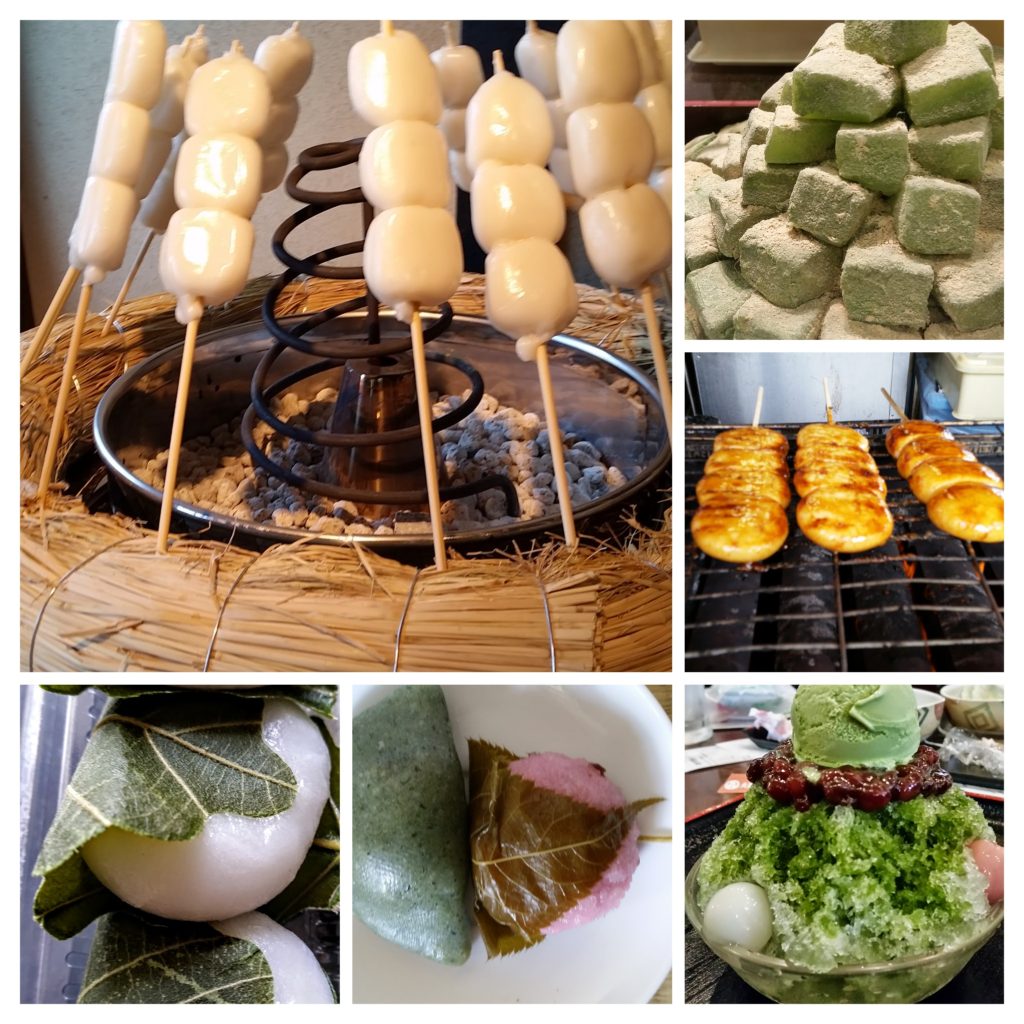
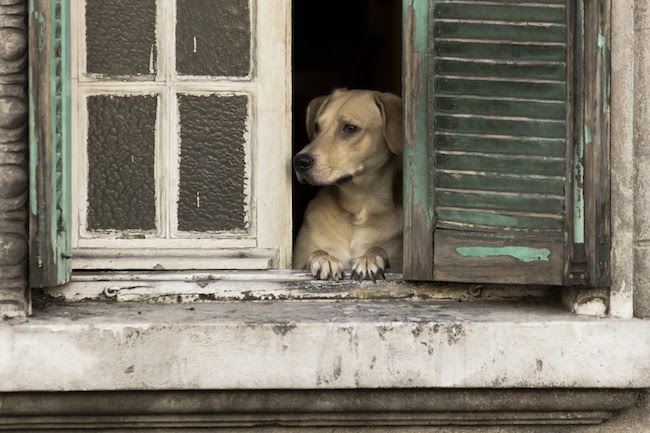
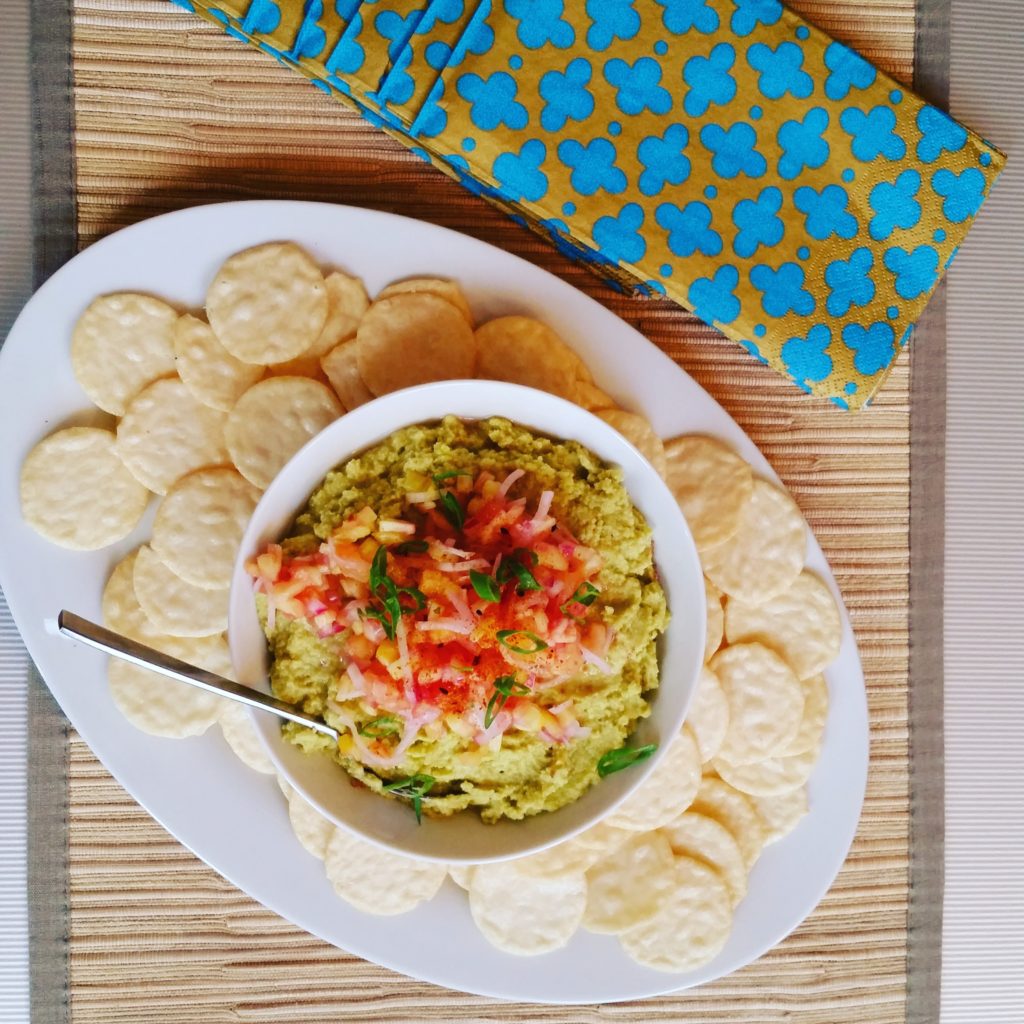

0 Comments